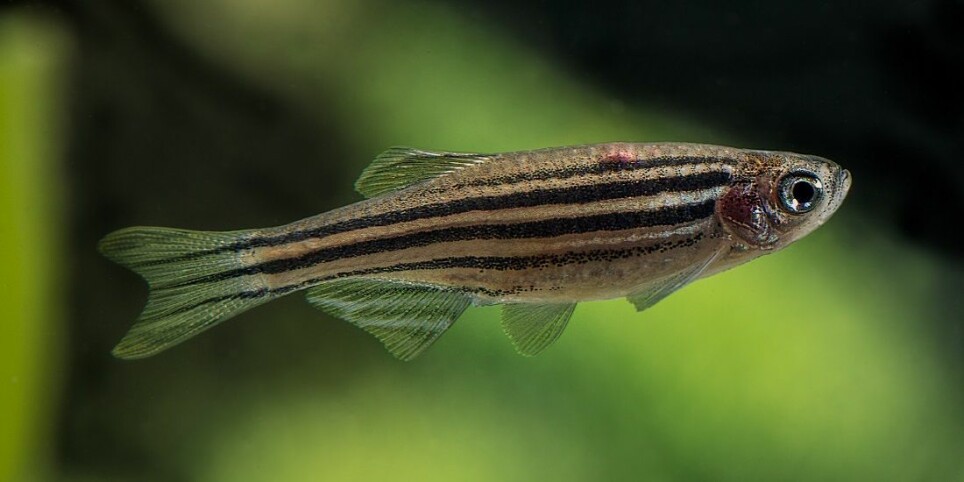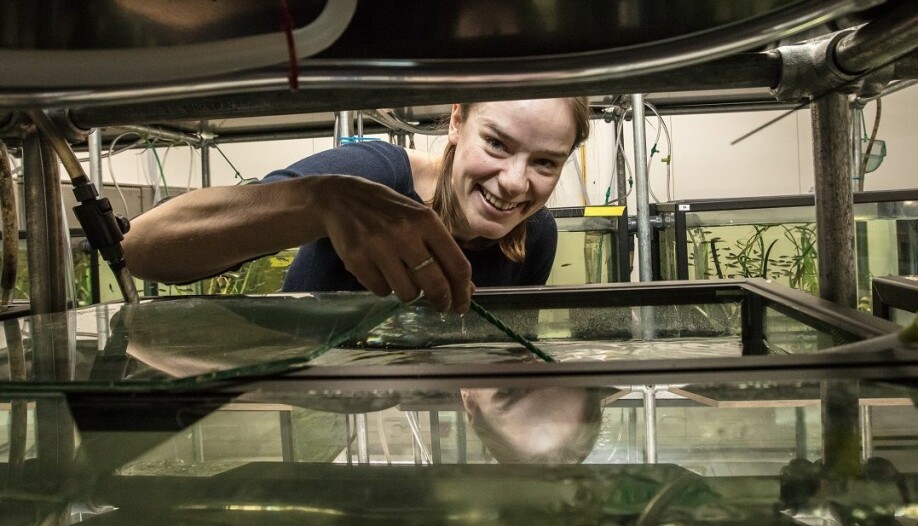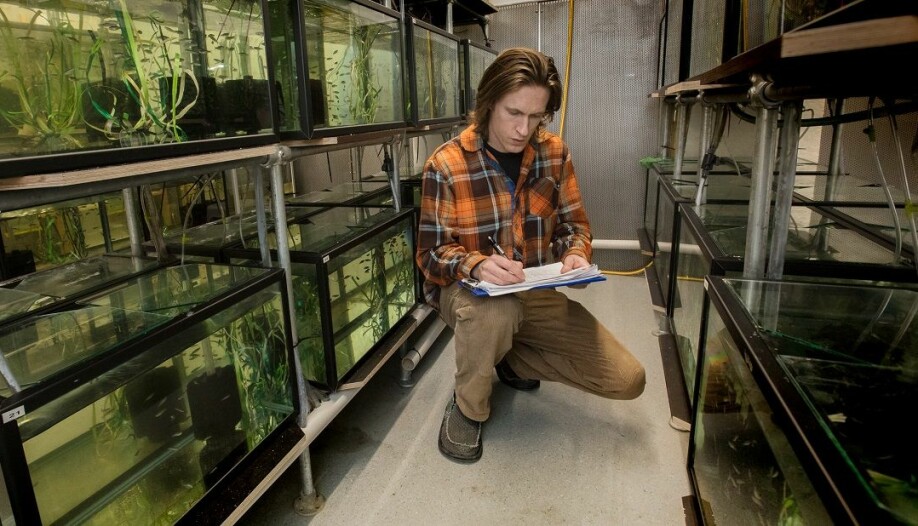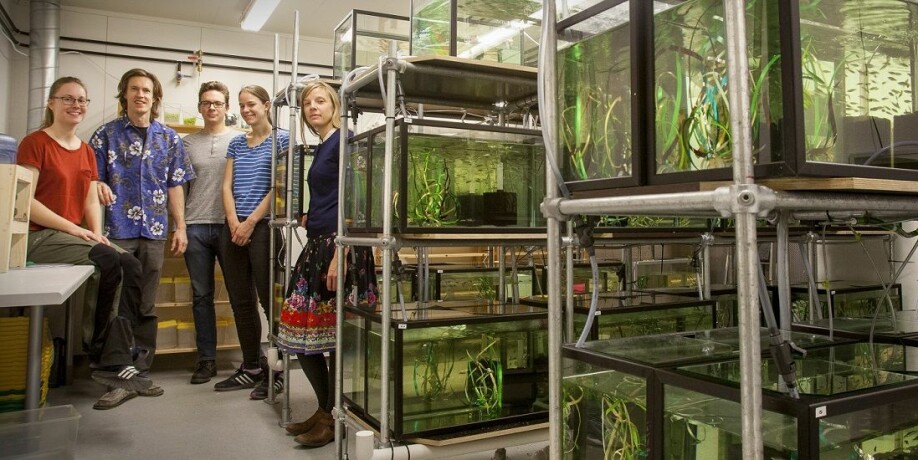This article is produced and financed by NTNU Norwegian University of Science and Technology - read more

Global warming is now faster than evolution
If global warming happens too quickly, not all species will be able to adapt in time.
The world is getting warmer, and life has to adapt to new conditions. But if global warming continues, many species may have trouble keeping up.
“It looks like evolution is slower than global warming in this case,” says Fredrik Jutfelt, an associate professor at Department of Biology, the Norwegian University of Science and Technology (NTNU).
Jutfelt and his research group at NTNU have spent four years studying how a tropical fish species called zebrafish (Danio rerio) adapts to a warmer climate, especially in extreme warm periods.
“This is the largest artificial evolution experiment that has been performed on vertebrates with a focus on heat tolerance,” says Jutfelt. The results are now published in Proceedings of the National Academy of Science, PNAS.

Bred to cope with particularly warm periods
In their experiments, the researchers used zebrafish caught in the wild. The fish were then bred based on their ability to cope in the most extreme warm periods. The researchers followed roughly 20,000 individual fish over six generations.
“We see that zebrafish can develop heat tolerance, and we have developed lines of zebrafish that better withstand the heat. That’s good news,” Jutfelt says.
The researchers were also able to measure evolutionary adaptation to a warmer world in vertebrates in the laboratory.
“The problem is that evolution takes many generations. Evolution only increased the heat tolerance in the fish by 0.04 degrees Celcius per generation. This is slower than the warming experienced by many fish in many places,” Jutfelt said.
“Now global warming happens so fast that the fish may not be able to adapt fast enough to the warmest periods,” Morgan said.

Warm periods are becoming more common
Evolution means that the individuals which are best adapted to environmental conditions, produce more fertile offspring than other members of their species. Over several generations, these changes can accumulate and alter the species itself.
Very hot periods can harm some of the fish, or make them unable to reproduce. Above a certain temperature, most of the fish will die.
Climate change is increasing the Earth’s average temperature, and cause more frequent and intense heat waves.
“How organisms adapt to these new conditions depends on their ability to withstand heat, to acclimatize, and the ability to pass on beneficial characteristics to the next generation,” Jutfelt says.

Evolution may not save species
One group of zebrafish also spent two weeks in warmer water prior to artificial selection, to see if evolution could increase their capacity to acclimatize. It did not.
“Instead, the greater the ability of the fish to cope with the worst warm periods, the more their ability to acclimate decreased. So the gain in the form of higher heat tolerance was partly offset by a lower ability to acclimate. All in all, the rate of evolution was probably faster under the conditions in our laboratory than in nature,” Morgan said.
“It’s unlikely that some zebrafish populations, and other tropical fish species, will be able to cope with the temperatures that the planet may experience by the end of this century. Some species that already live at the limit of what they can tolerate may not be saved by evolution. That is surprising and sad, and it means it is important that we stop warming the planet” Jutfelt said.
Reference:
Rachael Morgan et.al.: Low potential for evolutionary rescue from climate change in a tropical fish.
———
Read the Norwegian version of this article at forskning.no


































